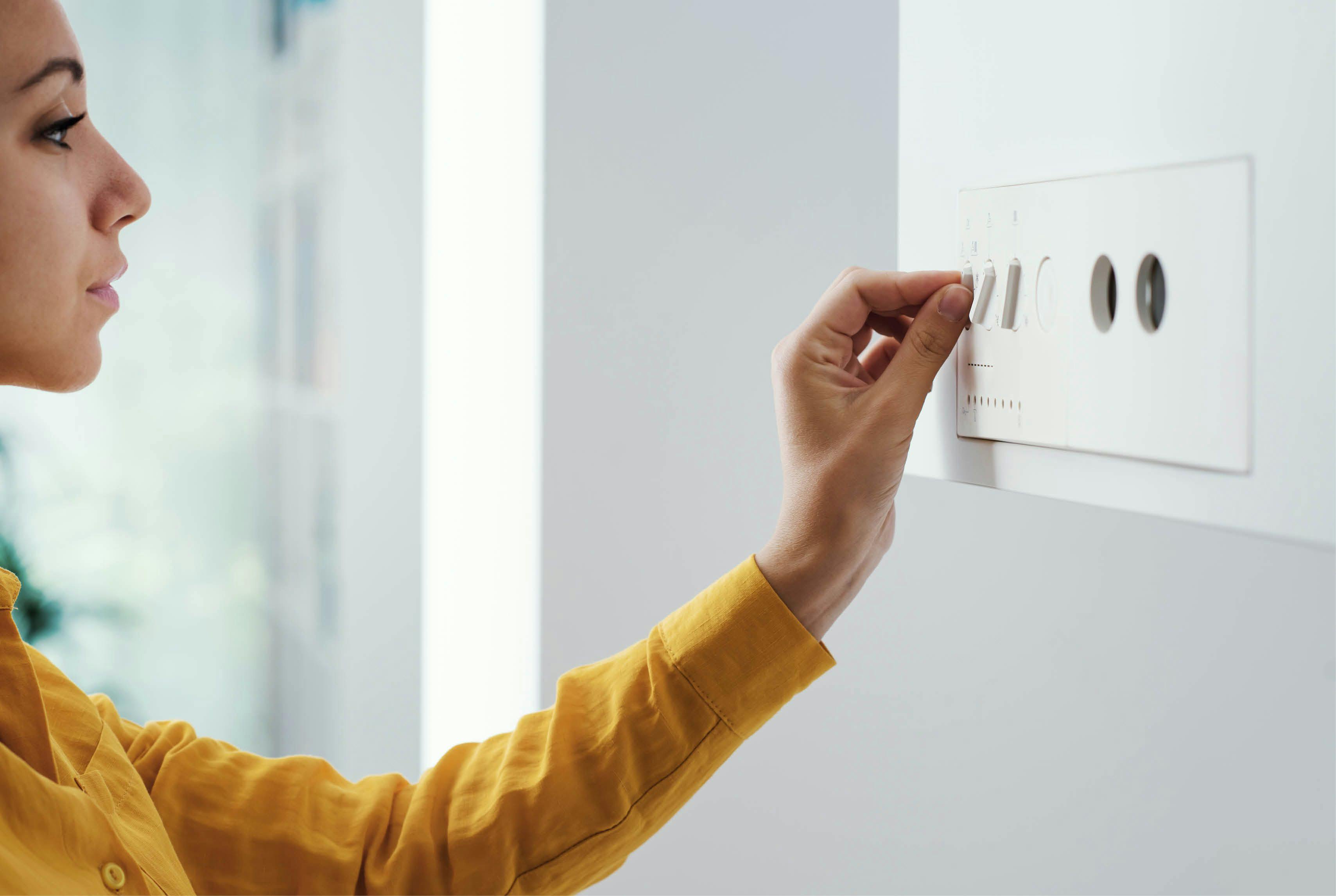Saving redundant gas boilers from the scrap heap: Aira meets The Salvage Sister
Today, residential heating is Europe’s third-largest emitter of CO₂ and is responsible for 16% of the UK’s CO₂ emissions…
Read more
Content Writer : Carl Robinson
Source Article : https://www.airahome.com/en-gb/blog/when-to-replace-a-boiler-uk
If your boiler is nearing the end of its life or you’re looking for a greener, more cost efficient way to heat your home, you might want to think twice before replacing it with another. After all, the boiler cupboard hides a dirty secret: it’s the most polluting thing in your home. If just 30% of Europe switched to heat pumps, we’d save 100 megatonnes of CO2 emissions. That’s the equivalent of taking 65 million cars off the road.
If you dread the price of your energy bills, you find yourself calling an engineer so much that you’re on first-name basis, if your current boiler isn’t giving your home an even and consistent heat, or if it’s over a decade old, the idea of swapping out your old boiler has probably been on your mind a lot. Read on to find out when to put it out of its misery.

The average gas boiler lasts between 10-12 years. Many people wait for their boiler to break down before replacing it – you should upgrade your heating to air-to-water heat pumps as soon as practical, to enjoy clean, green and inexpensive heating.
Waiting until the end of a gas boiler’s life is a recipe for cold winter days and an endless cycle of expensive boiler repairs. That’s why so many people are switching to a reliable, longer-lasting and cost-effective way to heat their home with a heat pump.
You can find out how close your boiler is to the end of its life by checking the date at the end of its serial number sticker, which will either be inside the instruction manual, the drop-down panel, or on the outside of your boiler.
When the boiler is old.
You should consider replacing your gas boiler with a heat pump before it reaches 10 years old, to ensure you pre-empt a breakdown that doesn’t turn into an emergency decision. With your gas boiler creaking its way through old age, it will also likely be prone to breakdowns and a low efficiency rating – even more reason to make the switch to an energy-efficient solution like an Aira air-to-water heat pump.
If you’re tempted to get rid of your boiler as soon as you learn how damaging they are for the environment, look at our comparison of a heat pump vs a gas boiler to see which is the right system for you.

If you’re asking if it’s time to replace your boiler, it probably is. Here are a few unavoidable signs it’s time to move on:
The cost of calling out an engineer to fix your boiler multiple times a year is a clear sign of how inefficient your boiler is at heating your home. As unexpected large repair bills mount up, your pocket suffers too.
Your boiler may still be ticking along after a decade (albeit slowly), but it’ll be performing at peak inefficiency after 10 years, meaning more components will need replacing, and the new parts won’t last as long in an old boiler.
If you’re staring down another rise in your gas bills, you should read this. An old, inefficient boiler is going to take longer to heat your home, need more frequent costly replacements – and all of this relies on emitting tonnes of greenhouse gases. You could cut your reliance on CO2 for your home heating and hot water altogether (meaning no more gas bills) when you switch your gas boiler to an Aira air-to-water heat pump.
Once you’ve paid up approximately £1,000 – 2500 for a new carbon-emitting combi gas boiler, the cost of parts will set you back roughly £1000 and calling out an engineer to install your gas boiler will cost around £700. Installing a new boiler means recommitting to the same cycle of failures and breakdowns, locked yourself to rising heating bills and opting for a system that continues to plague the environment by emitting as much CO2 as three petrol or diesel cars combined.
Looking to switch from a gas boiler? A sustainable, long-lasting and cost-effective solution is to replace your boiler with an air to water heat pump. Switching to a heat pump to heat your home will use the free air from outside and a small amount of electricity instead of relying on greenhouse gases, protecting you from energy bill rises and equating to a cost-saving over their superior 15-20 year lifetime. Curious? Get a quote and see how much you can save with a heat pump for your home.
From the Aira team